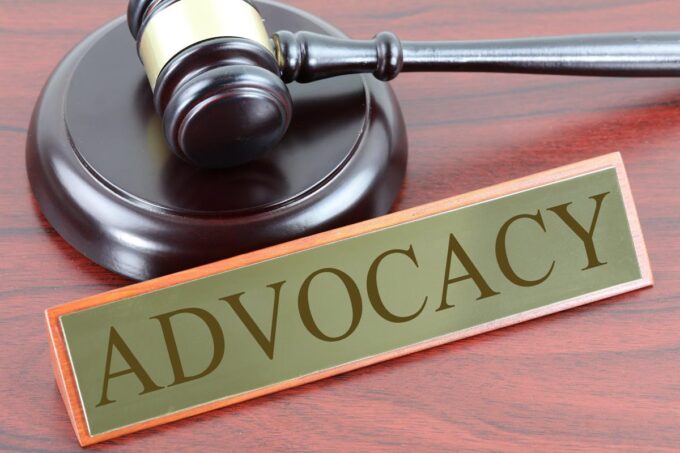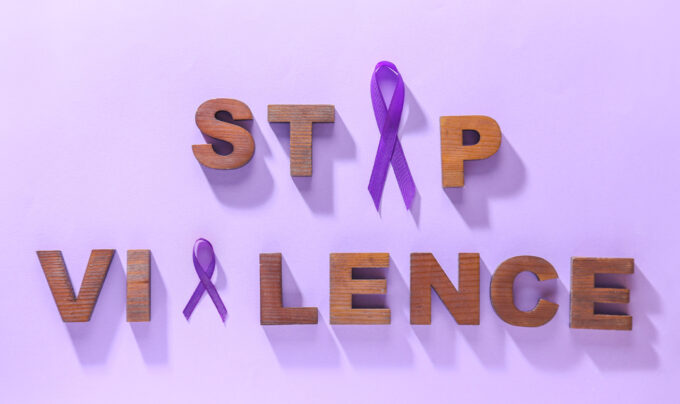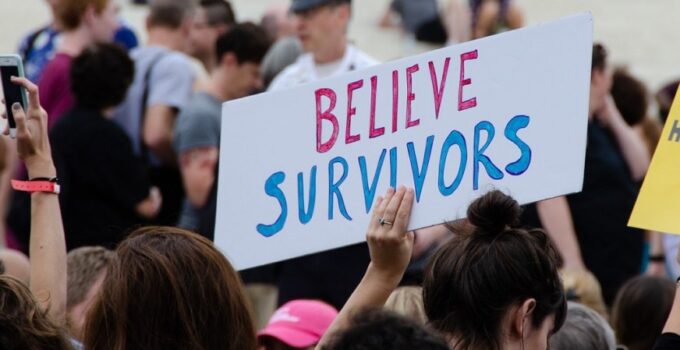Imagine a world where survivors of domestic violence are like birds with broken wings, desperately seeking a safe haven to heal and regain their strength.
Domestic violence service centers (DVSC) serve as the sturdy branches that provide support and empowerment to these resilient individuals. They offer a lifeline, a glimmer of hope amidst the darkness, and a crucial stepping stone towards a brighter future.
But what exactly is the vital role that DVSC play in empowering survivors?
Join us as we explore the transformative impact of these centers and discover how they empower endurers to soar above the challenges they face.
Providing Safe and Supportive Environments

Source: williamsburgtherapygroup.com
Creating a safe and supportive environment is essential in domestic violence service center to ensure that survivors feel empowered and supported in their journey towards healing and recovery. These centers understand the importance of providing a space where endurers can feel safe, both physically and emotionally.
One way they achieve this is by offering healing through art therapy. Art therapy allows survivors to express their emotions, process their trauma, and find healing through creative outlets. By engaging in art, endurers can explore their feelings, regain a sense of control, and discover their inner strength.
In addition to emotional support, family violence services also recognize the need for survivors to achieve financial stability. They provide resources and assistance to help endurers regain control of their finances and become self-sufficient.
This includes financial planning, budgeting, job training, and access to job placement programs. Empowering endurers with the tools and skills needed to achieve financial independence is crucial in breaking the cycle of abuse and building a future free from aggression.
Offering Comprehensive Counseling Services

Source: forbes.com
To provide comprehensive counseling services, family violence prioritizes the emotional well-being and healing of endurers. The DVSC understands that healing from the trauma of family aggression requires a holistic approach that addresses the physical, emotional, and psychological well-being of survivors. Through trauma-informed approaches, counselors at these centers create a safe and supportive environment where survivors can begin their journey towards healing.
Holistic healing is at the core of the counseling services offered by domestic violence service centers. Recognizing that domestic aggression affects every aspect of a survivor’s life, these centers provide counseling that focuses on addressing the emotional wounds inflicted by the abuse.
Through individual and group counseling sessions, endurers are provided with a space where they can express their feelings, process their experiences, and develop coping mechanisms to deal with the trauma.
Trauma-informed approaches are essential in providing effective counseling services to endurers of family violence. These approaches take into account the impact of trauma on survivors’ lives and ensure that counseling is provided in a sensitive and empowering manner. By understanding the complex effects of trauma, counselors can tailor their interventions to meet the unique needs of each survivor.
Ensuring Access to Legal Advocacy

Source: hiddush.org
Ensuring survivors have access to legal advocacy is crucial in empowering them to navigate the legal system and seek justice for the abuse they’ve experienced. When endurers have experienced domestic violence, it’s essential for them to have representation in court to ensure their rights are protected and upheld.
DVSC play a vital role in improving court representation for survivors. These centers provide endurers with legal advocates who are knowledgeable about family violence laws and can guide them through the complex legal process. Legal advocates offer support, advice, and representation, ensuring survivors have a voice in court and are able to present their case effectively.
In addition to improving court representation, family aggression service centers also focus on strengthening survivors’ legal rights. They work tirelessly to educate endurers about their rights and provide them with information about legal options available to them.
This empowers survivors to make informed decisions about their legal situations and take necessary actions to protect themselves and their children. By strengthening legal rights, endurers are given the tools to assert their autonomy and reclaim control over their lives.
Access to legal advocacy is a fundamental component in empowering endurers and helping them find justice. DVSC plays a crucial role in ensuring survivors have the support, guidance, and representation they need to navigate the legal system and seek the justice they deserve.
Connecting Survivors With Community Resources

Source: dhs.dc.gov
Endurers of family aggression are connected with essential community resources to aid in their journey towards healing and rebuilding their lives. Domestic violence service centers play a crucial role in building relationships and creating partnerships with these resources, ensuring that survivors have access to the support they need.
Building relationships is a fundamental aspect of connecting endurers with community resources. DVSC work tirelessly to establish strong ties with local organizations, such as counseling centers, medical facilities, and housing agencies.
These relationships allow endurers to receive comprehensive care, addressing their physical, emotional, and practical needs. By collaborating with these community resources, service centers can provide survivors with a network of support that extends beyond the shelter’s walls.
Creating partnerships is another vital step in connecting endurers with community resources. Domestic aggression service centers forge alliances with government agencies, law enforcement, and legal advocacy programs to ensure endurers have access to the necessary resources and services.
These partnerships enable endurers to navigate the legal system, obtain restraining orders, and secure safe housing. By working together, service centers and community resources can create a cohesive support system that empowers endurers and helps them rebuild their lives.
Survivors of family violence deserve compassionate and empowering support as they navigate their healing journey. Domestic violence service centers, through their commitment to building relationships and creating partnerships with community resources, play an essential role in ensuring endurers have access to the vital support they need to heal and thrive.
Empowering Survivors Through Education and Empowerment Programs

Source: graduate.northeastern.edu
Through education and empowerment programs, survivors of domestic violence are equipped with the knowledge and tools they need to reclaim their lives and thrive. Domestic aggression service centers play a crucial role in empowering endurers by providing them with financial assistance, promoting self-care, and facilitating their healing journey.
Financial assistance is a key aspect of empowering endurers. Many survivors face financial instability due to the abuse they’ve endured. Domestic violence service centers offer resources and support to help endurers regain their financial independence.
They provide guidance on budgeting, financial planning, and accessing resources such as emergency funds, job training, and education grants. By empowering endurers through financial assistance, they’re given the opportunity to rebuild their lives and break free from the cycle of abuse.
Promoting self-care is another important component of empowering survivors. DVSC offer programs that focus on self-esteem building, stress management, and healthy coping mechanisms. Survivors are encouraged to prioritize their well-being and practice self-care activities such as yoga, meditation, art therapy, and support groups. These programs provide a safe space for endurers to heal, process their trauma, and develop resilience.
Healing is a complex and individualized process for endurers of family violence. Domestic violence service centers offer various healing programs tailored to survivors’ needs.
These programs may include individual counseling, group therapy, trauma-informed care, and workshops on topics like healthy relationships and boundary-setting. By empowering endurers through education on healing, service centers provide them with the tools and support necessary to navigate their journey towards recovery.
Frequently Asked Questions

Source: usu.edu
How Do Domestic Violence Service Centers Ensure the Safety and Security of Survivors Within Their Facilities?
Domestic aggression service centers ensure your safety and security through strict safety protocols, such as secure entrances and surveillance. They also provide emotional support, empowering you to heal and rebuild your life.
What Types of Counseling Services Are Typically Offered at Domestic Violence Service Centers?
At DVSC, you can find a range of counseling services to support endurers. Group counseling allows you to connect with others who have shared experiences, while individual counseling provides personalized support tailored to your needs.
What Support Do Domestic Violence Service Centers Provide to Survivors in Navigating the Legal System?
Domestic aggression service centers provide crucial support in navigating the legal system. They offer legal advocacy, helping you understand your rights and options. They can also accompany you to court, ensuring you feel supported and empowered throughout the process.
How Do Domestic Violence Service Centers Connect Survivors With Community Resources Such as Housing, Employment, and Childcare?
Domestic violence service centers connect you with community resources like housing, employment, and childcare. They understand the challenges you face and offer support and guidance. Through community outreach and financial assistance, they empower you to rebuild your life.
What Types of Educational and Empowerment Programs Are Available to Survivors at Domestic Violence Service Centers?
At domestic aggression service centers, you can find educational programs that provide valuable resources and information to help you rebuild your life. Empowerment programs are also available to help you regain confidence and take control of your future.







